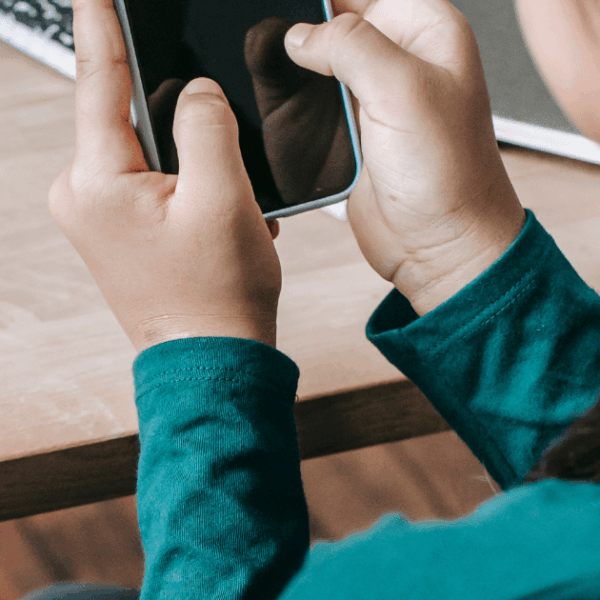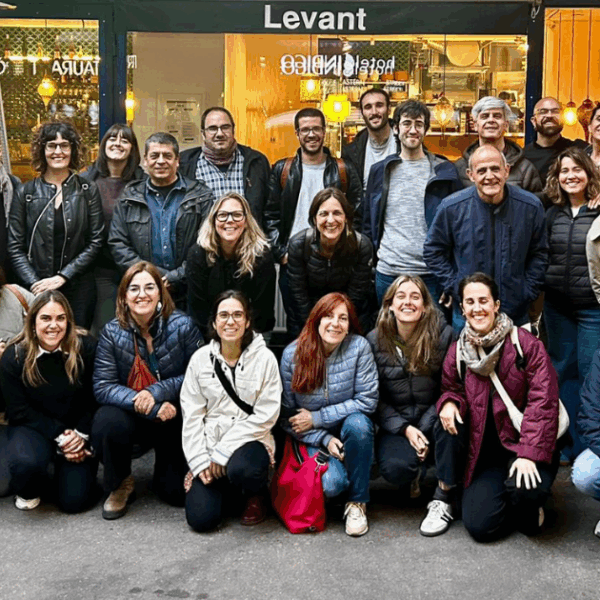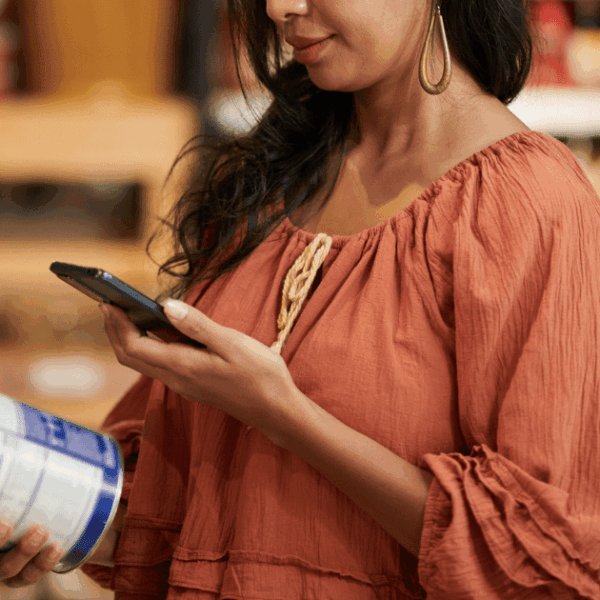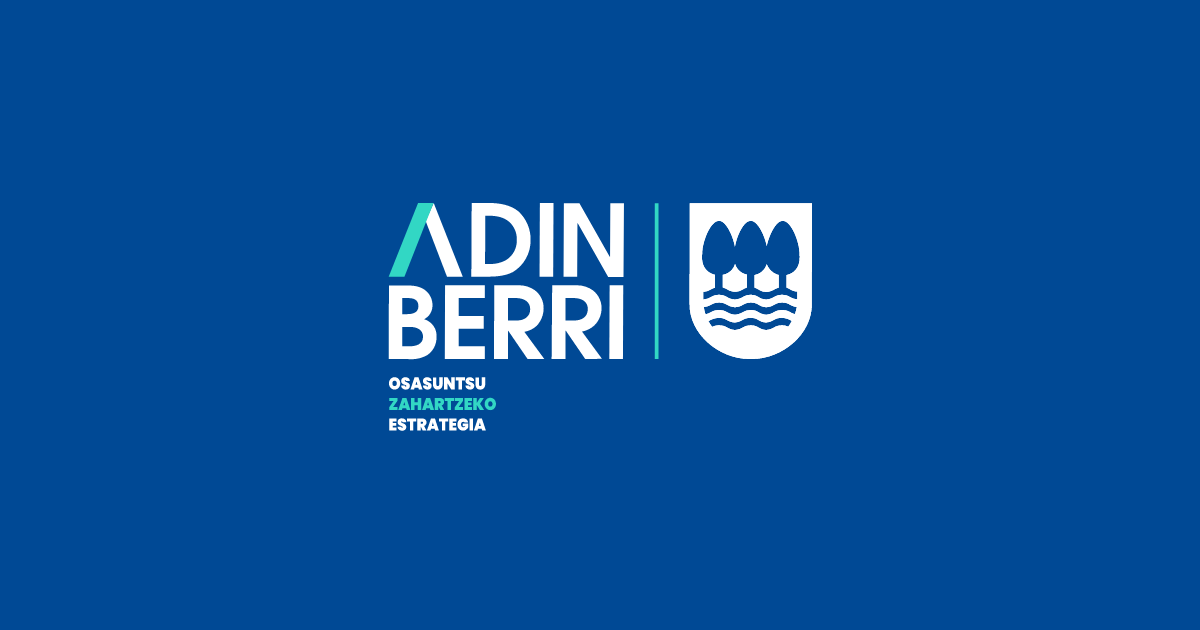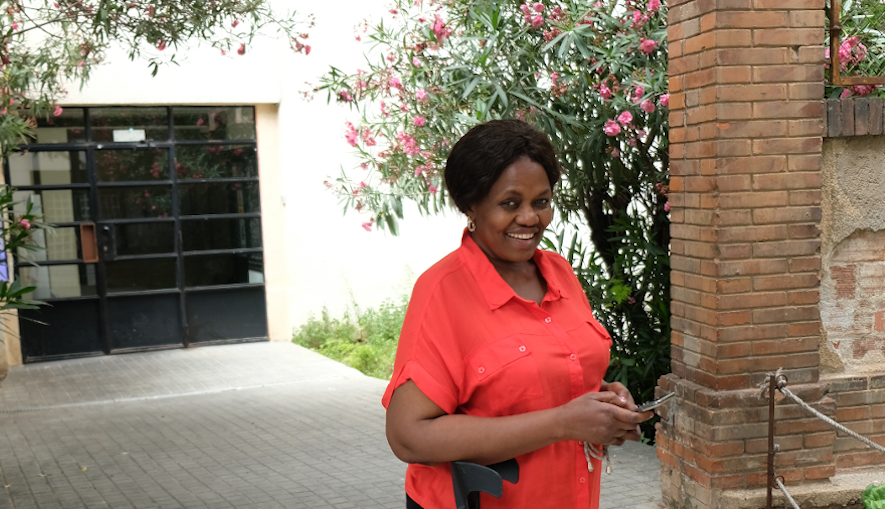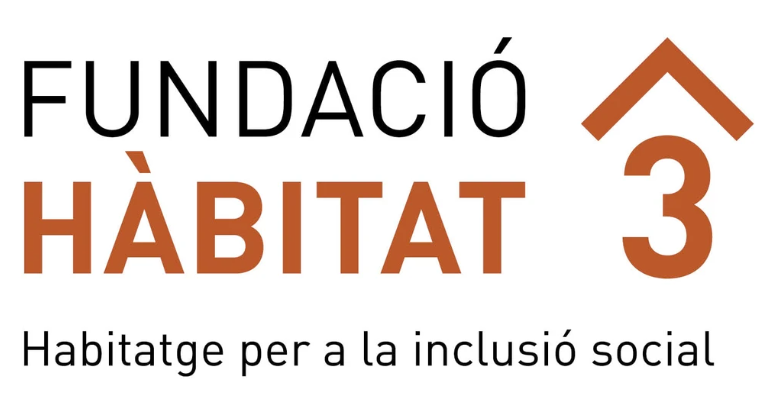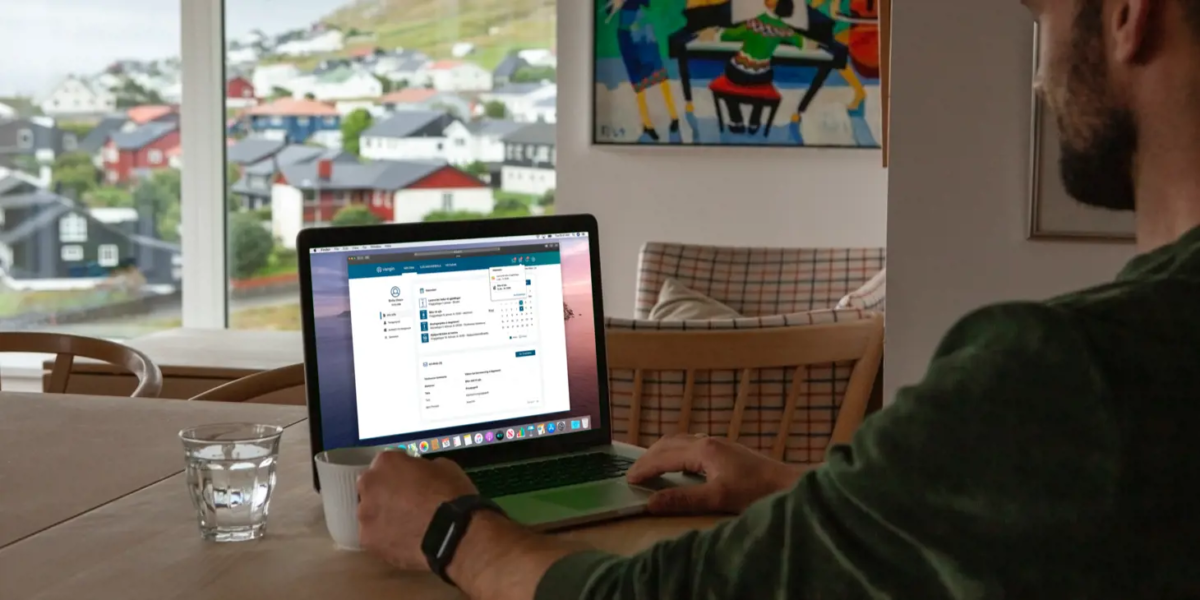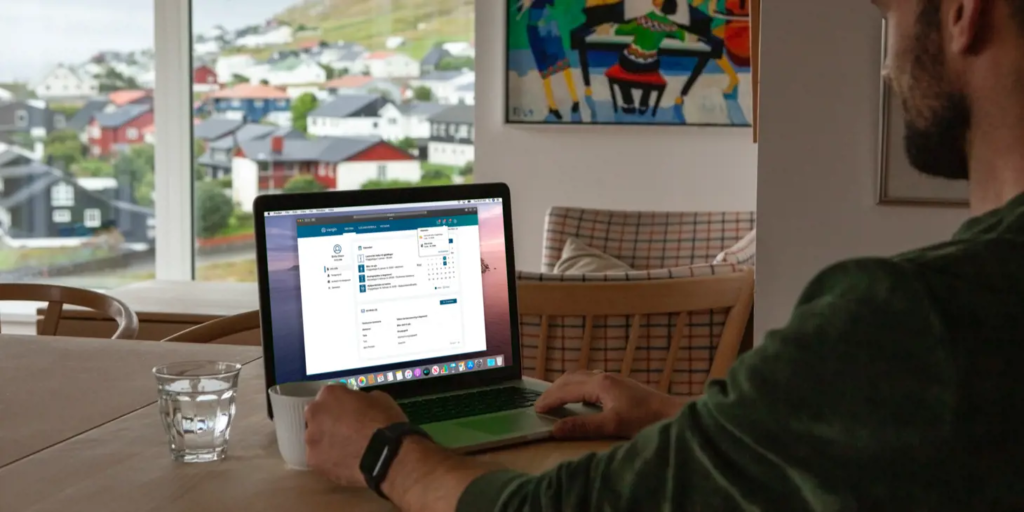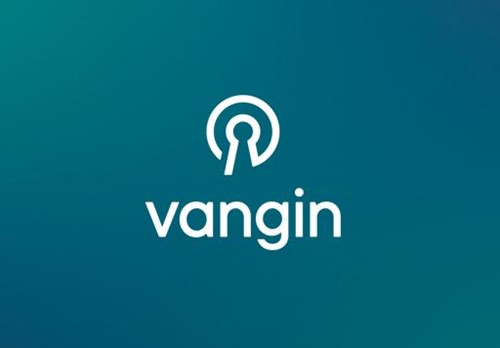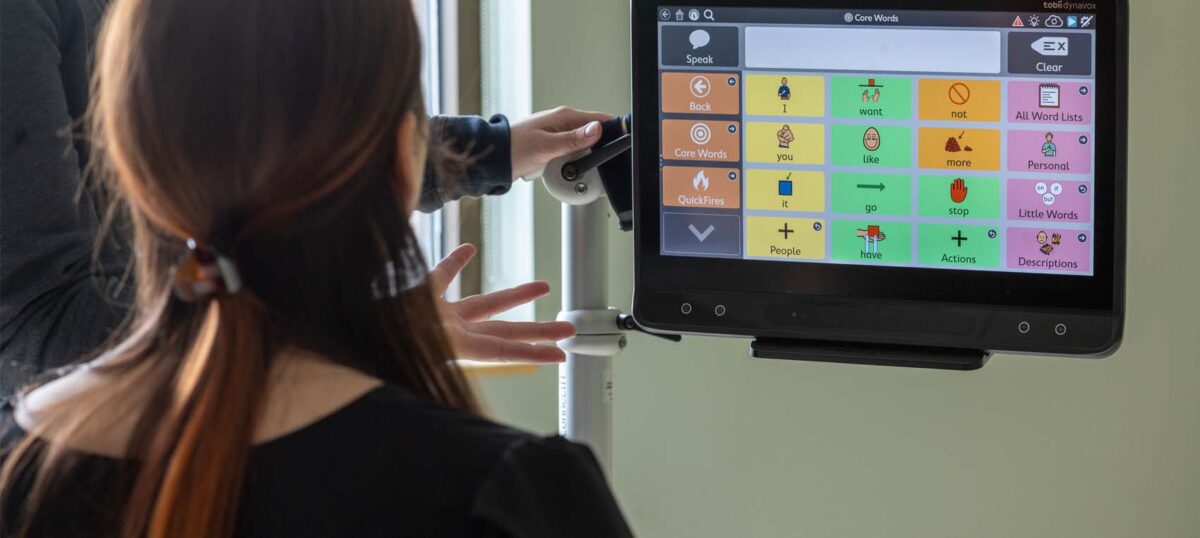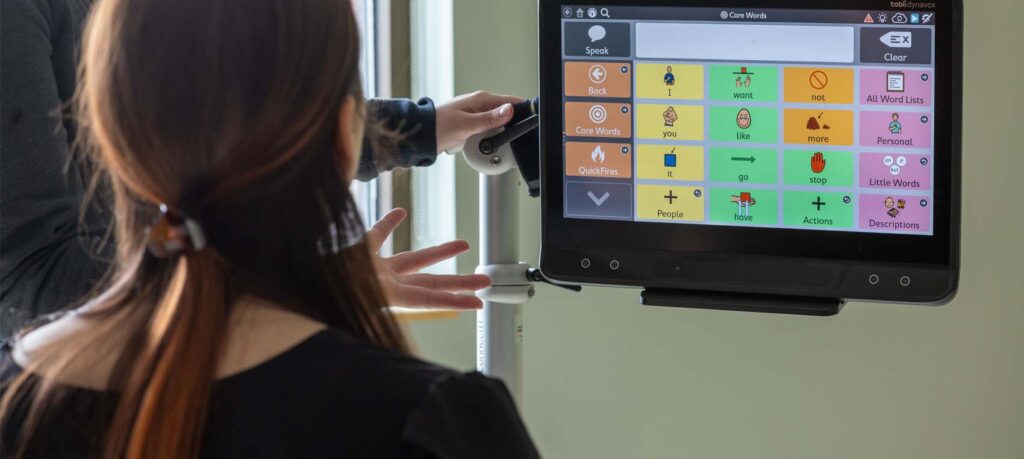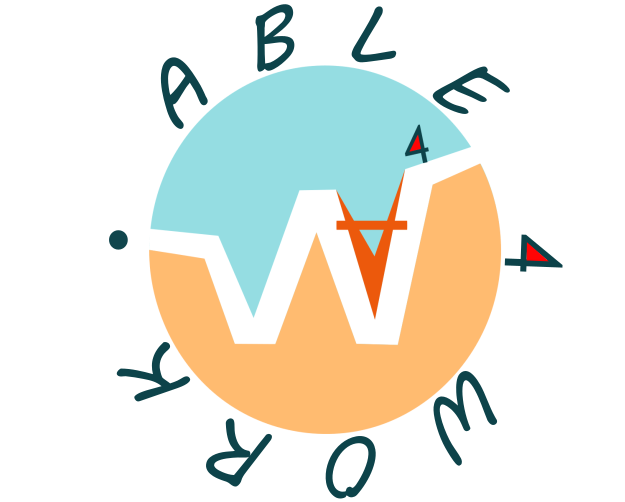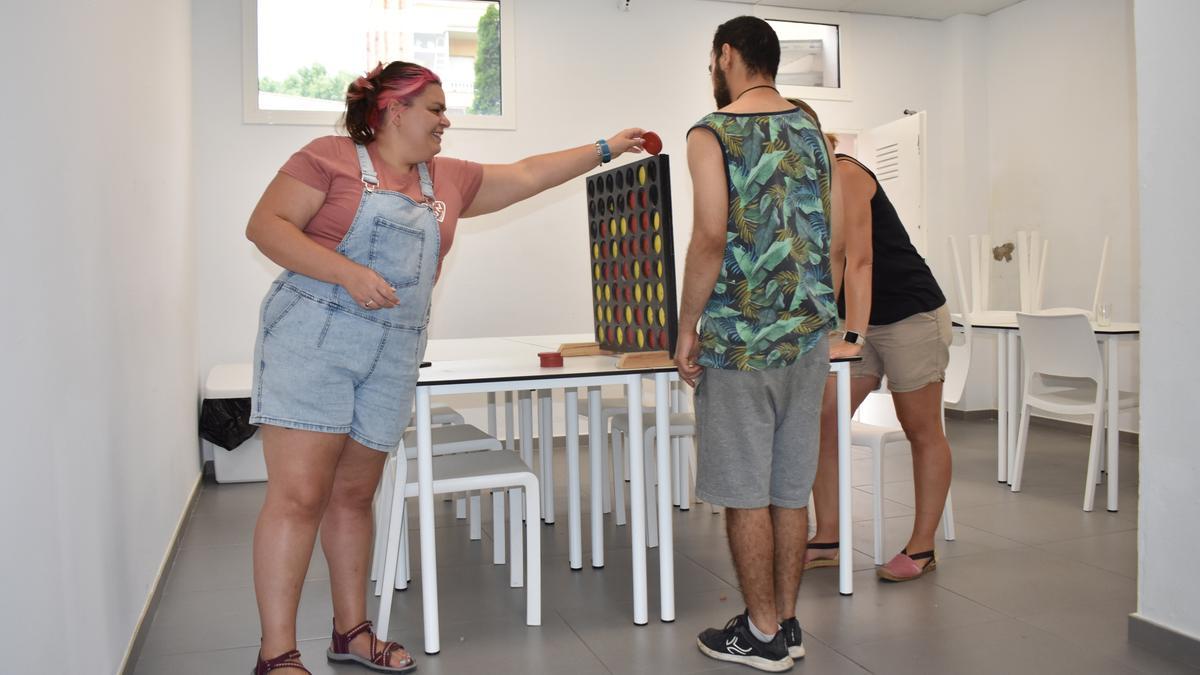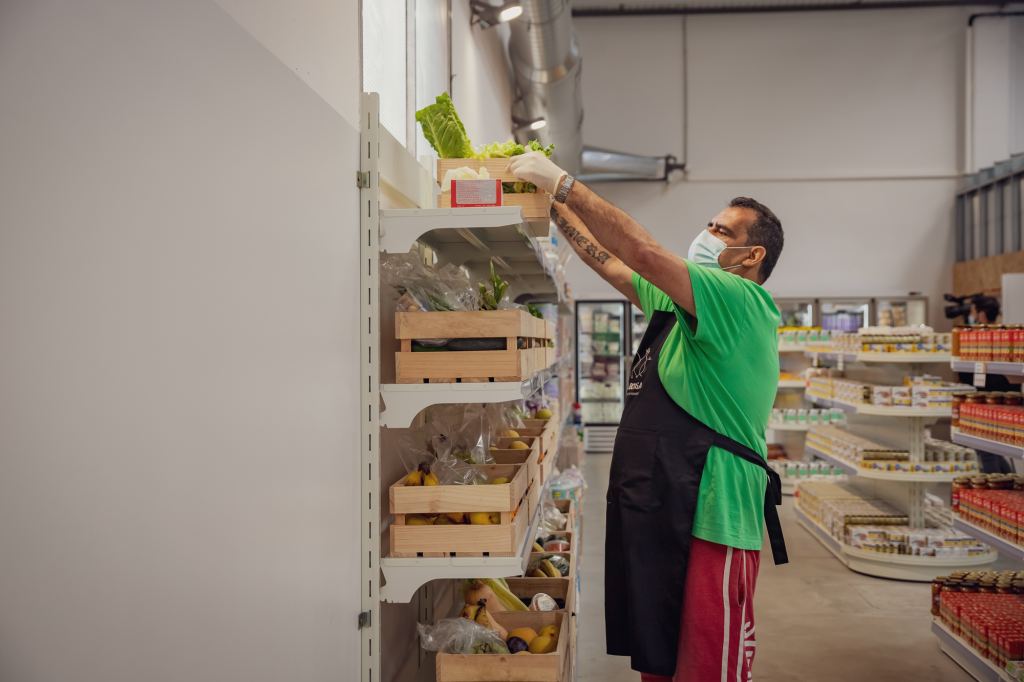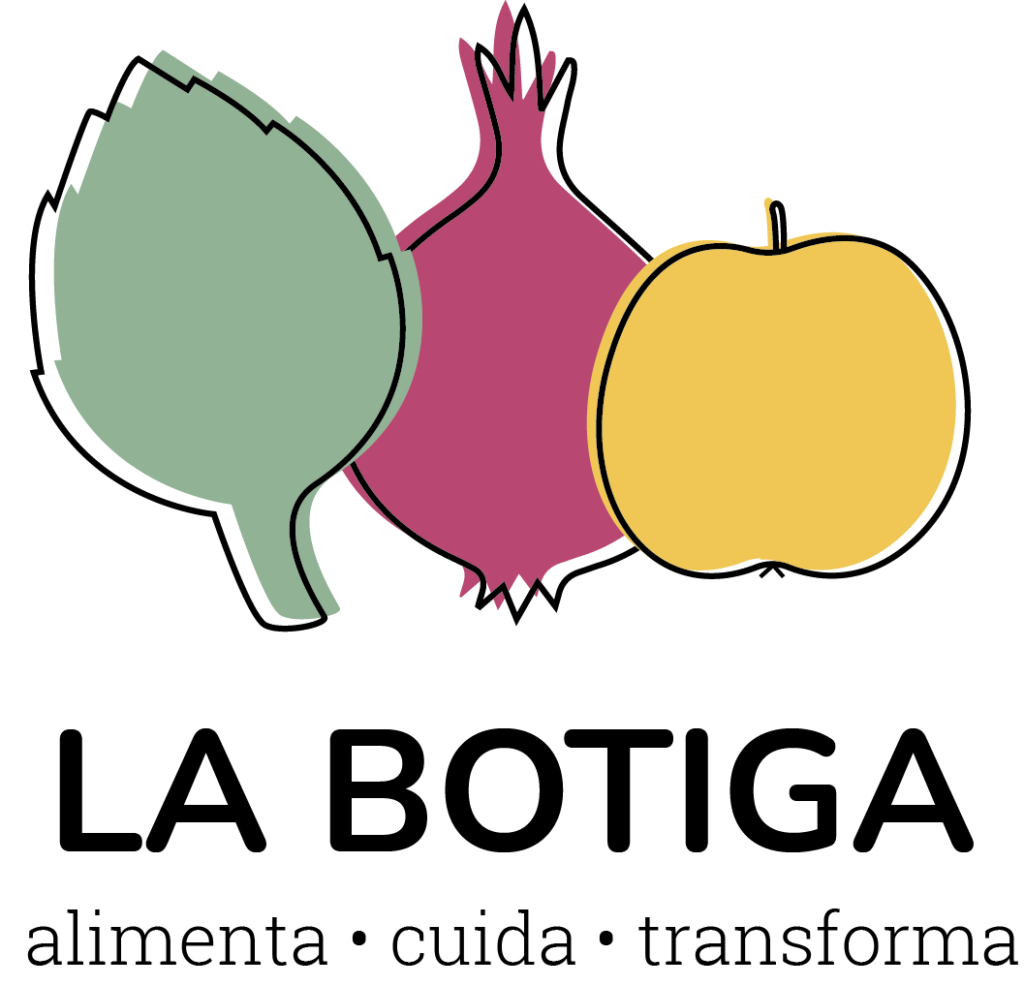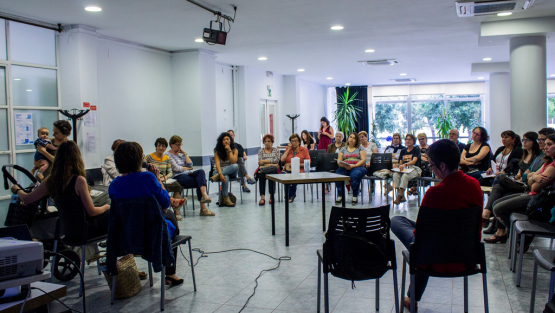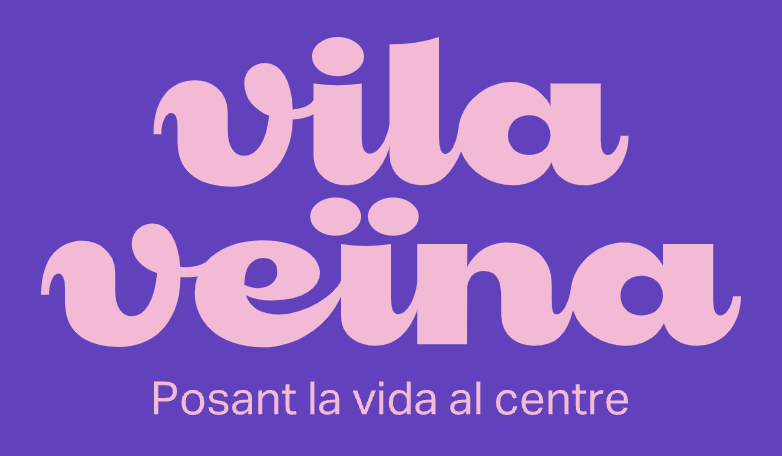AssistData, platform that facilitates the acquisition of assistive products for people with disabilities
AssistData, platform that facilitates the acquisition of assistive products for people with disabilities
Danish Authority of Social Services and Housing
Website that manages and supplies assistive products for people with disabilities.
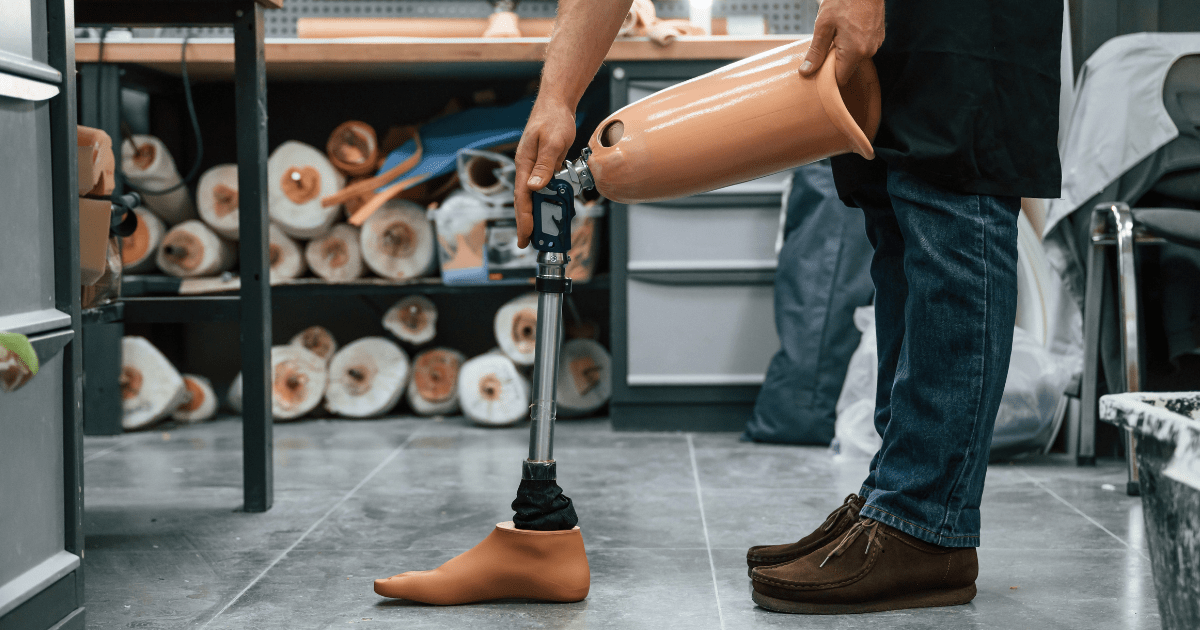
The AssistData database groups items according to the international standard ISO 9999, which classifies assistive products by type and function. The website has a search engine that allows users to search for products of interest using keywords that refine the search and ensure a personalized result. Additionally, it has a classification of specific resources targeted at people with a particular disability or illness. The platform offers the possibility to save desired items so they can be registered in the account of the person who needs them.
Each product includes a description of its main features, an informational PDF document on the method of use, different visual resources to aid understanding of its functionality, and, in some cases, the price. This data, along with the supplier’s contact information, is provided and updated by the various product suppliers. By 2023, the platform had 51,351 assistive devices and 953 Danish suppliers. The products have the CE certificate, which indicates that they meet the essential health, safety, and environmental protection requirements established by the European Union.
Characteristics of innovation
Location
Denmark
Partners/ Founders
Danish Authority of Social Services and Housing
Genesis
AssistData was created to address the need for platforms that provided an overview of assistive products for people with disabilities available on the market. In response to this, between 1988 and 1989, AssistData began collecting and organizing products into a database, with the aim of publishing them in printed catalogs and as CSV files, which were imported into inventory management systems. In 2000, the data was published on the internet, and online data collection began. By around 2007, the data was being used by almost all municipalities in Denmark.
Implementation level
In recent years, the AssistData website has had an average of approximately 65,000 visits. Although these figures do not cover the total use of the platform, as AssistData’s data is also published as open data and used through other interfaces.

Banc d’innovacions


